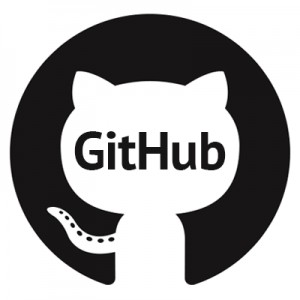Pictures of Nursing: The Zwerdling Postcard Collection is on display in the Health Sciences and Human Services Library through October 10, 2015. The exhibition explores a unique archive of 2,588 postcards and over 100 years of images of nurses and the nursing profession from around the world, investigating the hold these images exert on the public imagination—then and now. Additional information about the display is available at the Library’s Weise Gallery webpage.
There will be a special luncheon and lecture followed by a tour of the exhibit. Guest speakers include Jiwon Kim and Dan Caughey, Exhibit Educators from the National Library of Medicine. The luncheon will be held on Wednesday, September 30 from 11:30 a.m. to1:00 p.m. in the Gladhill Boardroom. RSVP by emailing events@hshsl.umaryland.edu by September 25. Seating is limited.
This traveling exhibition was developed and produced by the National Library of Medicine, National Institutes of Health. Curated by Julia Hallam, PhD.
Coordinating exhibit items located in the gallery were provided by the University of Maryland School of Nursing’s Living History Museum.



